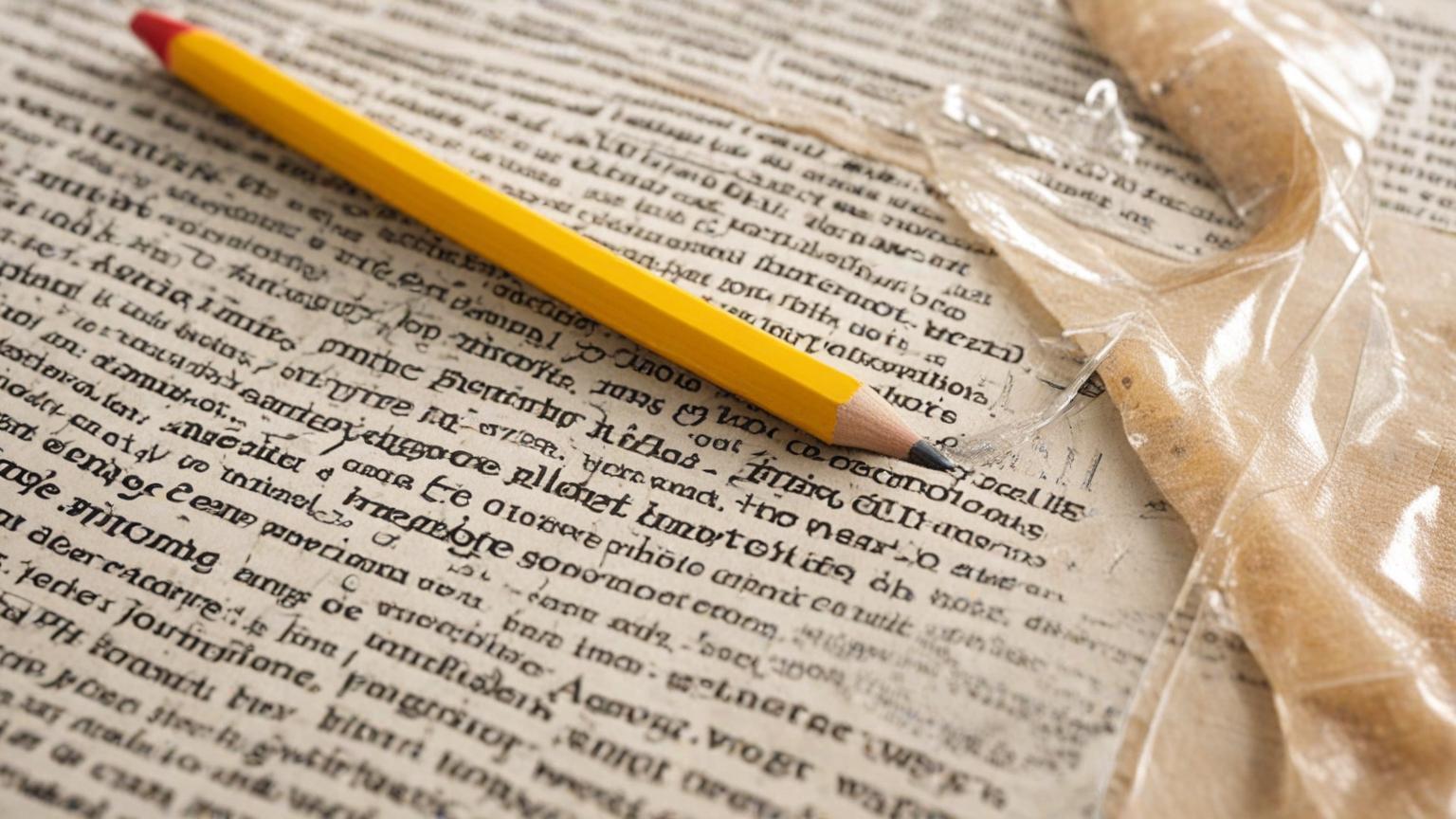Everyday objects surround us, often slipping under the radar until they're needed. From the humble pencil to the ubiquitous teabag, the stories behind these staples of daily life are bursting with eccentricity and surprise. Let’s unravel the quirky tales behind some everyday items that you might not think twice about.
Pencils, for instance, often considered a mere tool, carry a profound history. They owe their origins to a discovery in Borrowdale, England, where a strong windstorm unearthed an exposed graphite deposit in the 16th century. Farmers initially used the graphite to mark their sheep, but it soon evolved into the writing implement we know today. Interestingly, a pencil can draw a line approximately 35 miles long and write around 45,000 words.
Switching gears to something a bit more enchanting, let’s discuss bubble wrap, a product whose origin story is filled with unexpected twists. Al Fielding and Marc Chavannes invented bubble wrap in 1957. Surprisingly, they didn't set out to create a protective packaging material. Initially, their aim was to invent textured wallpaper by sealing two shower curtains together. Despite the initial failure, they pivoted the product’s purpose. IBM became one of their earliest customers, using bubble wrap to protect the computers being shipped.
Now, consider the teabag. It’s hard to imagine a world without the convenience of a teabag, but this beloved invention came about purely by accident. Thomas Sullivan, a New York tea merchant, started sending samples of tea in small silk pouches around 1908. Much to his surprise, customers dunked the entire sachet in boiling water, which gave rise to the teabag, altering tea consumption forever.
A game-changing mishap also led to the development of the super soaker, the ultimate summer water toy. Inventor Lonnie Johnson, a NASA engineer at the time, accidentally shot a powerful jet of water across the room while testing a pump for a new cooling system. Realizing the fun potential, Johnson pivoted the invention into what became the popular water gun, making splashes everywhere from backyards to beach fronts.
Even the plain old Band-Aid has an endearing backstory. Earle Dickson, a Johnson & Johnson employee, designed it for his wife who often cut herself while cooking. Sticking on a piece of gauze with tape wasn't practical for her, so Dickson came up with a small adhesive strip with a gauze pad on it—introducing a simple, yet revolutionary product.
Finally, let's not overlook the velcro. Invented by Swiss engineer George de Mestral in 1941, the fastener materializes from something seemingly mundane—a walk in the woods. Mestral took a coziness in studying how burrs clung to his clothes and his dog’s fur and had an aha moment. He saw the potential for a new, easy-to-use fastener, leading to the creation of velcro.
In a world where we chase innovation and disruptions, it’s refreshing to peek into the stories of everyday objects that make our lives quietly efficient and nuanced. They serve as a reminder that sometimes, the most significant inventions stem from small accidents, keen observations, or sheer perseverance.
The quirky story behind everyday objects we take for granted

